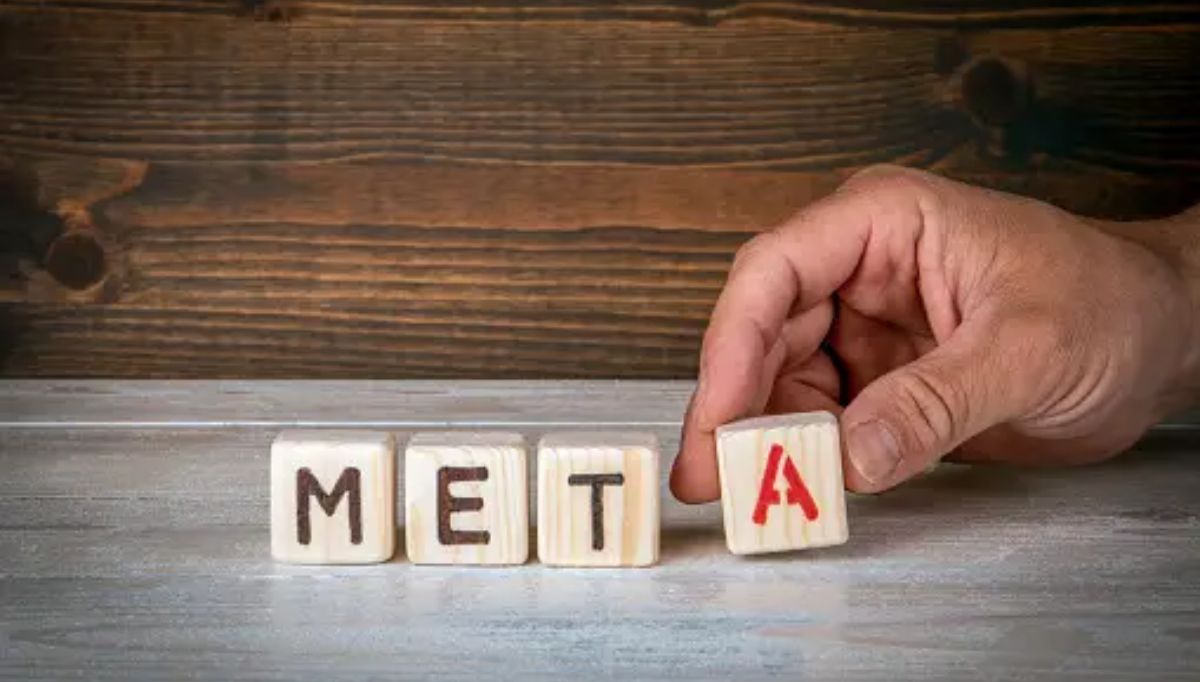In a significant stride towards enhancing digital literacy and safety, Meta has unveiled its latest initiative, the “Know What’s Real” campaign. This comprehensive safety campaign is designed to bolster awareness about the critical issue of misinformation in the digital realm. By focusing on user education, Meta aims to equip individuals with the necessary tools to discern and counteract misinformation on popular platforms such as WhatsApp and Instagram.
Empowering Users Against Misinformation
Spanning eight weeks, the “Know What’s Real” campaign sheds light on the various product features and safety measures embedded within WhatsApp, such as the block and report functions, and forward labels. These tools are instrumental in helping users identify potential misinformation and halt its further dissemination. Additionally, the campaign encourages users to seek verification for dubious information through fact-checking organizations accessible via WhatsApp Channels.
On Instagram, Meta’s approach involves collaboration with a network of fact-checkers tasked with verifying content. Upon identifying false information, including sophisticated deepfakes, Instagram implements warning labels to alert users about the inaccuracy of such content. Moreover, Meta takes proactive measures to limit the visibility of content flagged as ‘False’, thereby reducing its potential spread.
Also Read: Zoho Unveils Zakya: A POS Adventure Awaits Indian Retailers!
A Unified Front Against False Information
Shivnath Thukral, Director of Public Policy India at Meta, emphasized the company’s dedication to combating online misinformation. “Meta is committed to fighting misinformation online. We have invested in industry-leading programs, including a robust network of independent fact-checkers and a WhatsApp tipline to curb AI-generated misinformation,” Thukral stated. This campaign is an extension of Meta’s ongoing efforts to mitigate misinformation and serves as a practical guide for users to play an active role in this endeavor.
Meta’s fact-checking program in India boasts partnerships with 11 independent organizations capable of reviewing content in 15 Indian languages and English. This initiative enables users to effectively identify, scrutinize, and verify information, thus preventing the spread of misinformation across Meta’s platforms.
Expanding Tools for Digital Safety
Further enhancing its arsenal against misinformation, Meta recently introduced a dedicated fact-checking helpline on WhatsApp. This move aims to tackle the rising challenge of AI-generated misinformation, particularly deepfakes, by connecting users with verified and credible information sources. Additionally, Meta supports the Misinformation Combat Alliance’s (MCA) initiative to establish a self-regulatory organization for third-party fact-checkers, demonstrating a commitment to cross-industry collaboration in the fight against misinformation.











